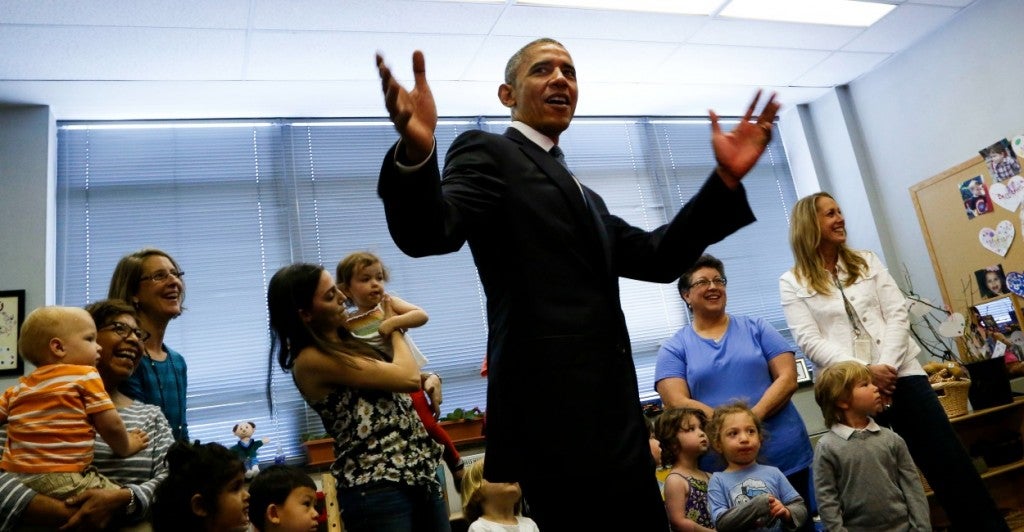Innovation starts locally—not in Washington.
Yet, over the past few years, we have witnessed the unprecedented expansion of the federal government into our classrooms.
Decades of regulations, mandates and rules have been piling up on our educators, but failing to improve our students’ education.
Congress is set to reconsider, and potentially reauthorize, the Elementary and Secondary Education Act (ESEA).
This law outlines federal programs for K-12 education and was last reauthorized in 2002 as No Child Left Behind (NCLB), which further expanded Washington’s intrusion in our schools by creating new federal mandates.
No Child Left Behind also expired in 2007.
This means the Obama administration has been able to operate without certain limitations and has strong-armed states into complying with its liberal education agenda.
Thankfully, we have the opportunity to get Uncle Sam out of the business of micromanaging our schools from the top-down and return control to our local families, educators and officials.
This week in the House, my colleagues and I are revisiting the way Washington approaches our K-12 federal education policy with consideration of H.R. 5, the Student Success Act.
This bill repeals and reforms many failed education policies like the Adequate Yearly Progress (AYP) mandate, but I challenge that we can do even better for our children and future generations.
Conservatives have the largest majority in Congress that we have had in years, and we have a real opportunity to stand against Washington’s culture of bureaucracy and make a difference in our federal approach to education—let’s ensure we truly return education decisions back to the local-level.
We all agree that local communities—and ultimately parents—are best equipped to meet the unique needs of each student. Accordingly, they should be able to decide how best to utilize federal funding.
This is why I introduced the Academic Partnerships Lead Us to Success (A-PLUS) amendment to the Student Success Act with Rep. Ron DeSantis (FL-06). The A-PLUS amendment would give states maximum flexibility by allowing them to opt-out of federal mandates and programs while retaining federal funding.
We can strengthen the Student Success Act’s goal of removing the federal government from our classrooms with this simple, common sense policy change.
States and taxpayers should be able to keep their dollars, opt-out of federal education programs without repercussion and focus on the needs of their students and communities.
Greater flexibility will yield greater accountability. A-PLUS would truly restore local control of education.
The status quo is failing our children and we need to ensure each child has access to a quality education and the opportunity to achieve their dreams.
Increasing local control of education and empowering parents and children through school choice initiatives is how we break these patterns and foster innovation in our school systems.
A-PLUS would restore state and local control of education and put parents, teachers and school leaders back in the driver’s seat.
